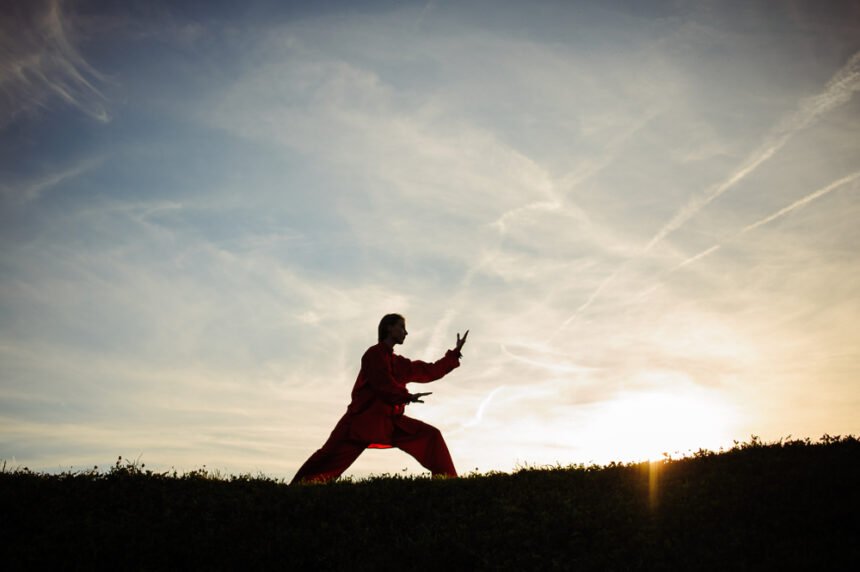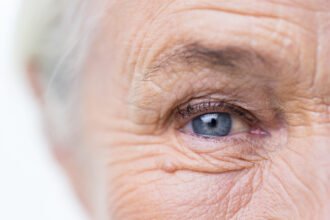Originating as a form of martial arts in China, Tai Chi is a form of exercise that has been proven to have long-lasting benefits over both mind and body. This slow-motion exercise is fitted for everybody, even if you are not in top shape. It consists of a series of motions that flow from one another without pause. As you go from one movement to another, your breath should be deep and natural, allowing you to focus on the sensations of your body. Because of this, some people call it meditation in motion. The circular movements, which allow the muscles and joints to relax, are never forced or tensed, making it a suited exercise for anyone, from the most fit, to individuals who seek post-surgery recovery. Typically, a tai chi class is composed of three parts: The Warm-up: This consists of easy motions, to help your muscles and joints relax, focusing on your breath and body Tai Chi Forms: The forms are a series of movements, that can range from a dozen to a hundred and from large to small, based on your physical condition. Quigong: The last part consists of a period of gentle breathing, that can be practiced standing, sitting or laying down, to help your mind relax and your body energy circulate. The effects of tai chi, on both mind and body, have long been studied and documented by health experts and the results show great benefits in many aspects of everyday life.
Improve Muscle Strength, Flexibility and Balance
Although they do not involve weights, tai chi exercises are shown to improve muscle strength, both in the upper and lower body. Regarding patients with chronic conditions, regular classes of tai chi can help to improve respiratory and cardiovascular functions. A study conducted on women with osteoarthritis has proven that after a 12-week tai chi class, the arthritic symptoms improved, with the subjects experiencing less pain, better flexibility and physical functions. Numerous studies have shown the benefits tai chi has on older adults, as it improves balance and reduces falls. The explanation is quite logical: as we age, the perception of our body in space declines, but tai chi keeps this sense trained and also reduce the fear of falling. With an increment of 8% from 1998 to 2010, falling is the most common cause of traumatic death in elders. A study has been conducted to compare the effects of tai chi with other low-intensity exercises. The study has shown that people who took tai chi classes one to three times a week have decreased their rate of falls with up to 43% in the first year.
Boost Sleep Quality
in regenerating the body?s natural energy storage. Tai chi encourages the free flow of ?chi?, unwinding both the body and mind. Helping with body muscle relaxation and having the same effect as meditation sessions, this ancient Chinese exercise helps improving sleep quality, being recommended as an alternative treatment for insomnia or other sleep disorders. Following is an example of a series of tai chi exercises that can be performed before going to sleep:
- With your feet and shoulders aligned, stand and allow your arms to relax by your sides. Slightly bend your knees and focus on the sensations of your body, letting go of tension.
- Unbend your knees, as if you would gently push into the ground, raising your arms at the height of your shoulders and extending them in front of you.
- Go back to the initial position, with knees slightly bent and arms hanging by your sides.
- Repeat this a few times, until the movement becomes smooth and natural, synchronizing your breath with the movement of your body. Inhale when lifting and exhale when sinking.
If you pay attention to your body sensations and movement, you should start feeling more relaxed and prepared for a good sleep.
Increase Cognitive Function
With almost 40% of elders in America developing some form of cognitive affections, such as Alzheimer?s Disease or dementia, getting older is slowly being associated with cognitive decline. A meta-analysis conducted on nine cognitive variables, such as visual span tests and verbal fluency tests, has shown an improvement in four out of the nine variables, after regular tai chi classes. In another study, results show that tai chi outperformed walking and social interactions when it comes to brain volume increment and cognitive tests. After 40 weeks of either social interaction, walking or tai chi classes, researchers compared MRI images and reached to the stunning conclusions.
Reduce Stress
Combining mental concentration and breathing, the core elements of meditation, with movement, tai chi helps relieve stress and anxiety, being a healthy distraction from everyday life. What makes the effects of tai chi often exceed the benefits of any other exercise is exactly this combination of meditation, focused breathing and physical exercise. It is believed that regularly practicing tai chi also has a positive effect on mood-regulating hormones, improving the state of mind. A study focusing on women who developed prenatal anxiety or depression showed that one class of tai chi per week, for twelve weeks, improved their sleep condition and lowered their depression scores. Being an exercise that can be performed at various intensity levels, tai chi is suited for every individual, regardless of their age or strength. While some styles focus more on martial arts, best suited for more athletic individuals, others focus on relaxation and balance. The important thing is to find a tai chi form to suit your physical capabilities and here are some of the most popular ones:
- Yang style: suited for beginners, this style focuses on slow and delicate movements and relaxation
- Wu style: although created directly for the Yang style, the Wu style focuses on small and compact moves, rather than large or medium ones.
- Chen style: using both slow and fast movements this style demands more physical coordination and challenges the lower part of the body








